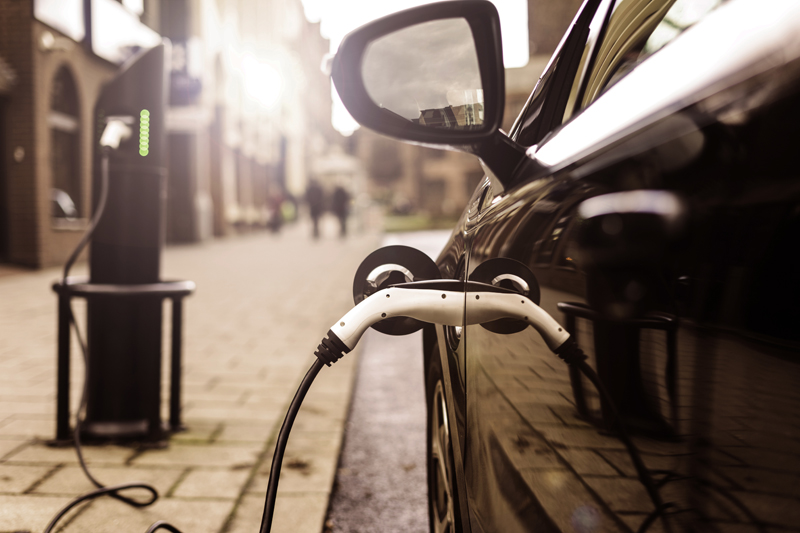
The Electric Vehicle (EV) Energy Taskforce has demonstrated that an effectively managed integration of electric vehicles with the energy system can significantly improve electricity network efficiency.
The Taskforce also found that it could increase system resilience and limit the requirement to build costly new infrastructure to meet growing electricity demand.
The Government backed Taskforce was established in 2018, bringing together key players in the energy, infrastructure and transport sectors.
Its aim was to make proposals to Government and industry to bring together the auto and energy sectors to ensure that the GB energy system is able to accelerate the mass take-up of electric vehicles while also delivering benefits to the electricity system.
The infrastructure spending required to prepare the UK electricity networks for the electric vehicle transition is reportedly tens of billions of pounds.
However, the Taskforce believes this cost can be significantly reduced if the right decisions are made and the transition is effectively coordinated between government and key energy, infrastructure and transport industry stakeholders. A prior study put this figure at between £2.7bn and £6.5bn.
There are 21 key proposals for actions to be taken by government and industry to enable an effective and efficient electric mobility transition. The proposals are included in a report which was launched in January at an event held in central London.
In its formal report to the Government, the Taskforce set out a range of proposals to enable the efficient integration of electric vehicles with the energy system during the electrification transition. These included:
- Ensuring that EV drivers, electricity consumers and the energy system benefit from the integration of EVs and the energy system
- Providing financial incentives to EV drivers to ensure that the potential energy storage capacity of millions of electric vehicles is used to reduce peak demand
- Prioritising greater standardisation across the charging network to ensure it works resiliently, efficiently and securely with the electricity system
- Establishing an independent body to promote the benefits of smart charging through a major publicity campaign to ensure EV drivers are confident and well informed
- Extending the principle of ‘open data’ in the energy system to include EV charge points and EVs to allow more effective smart charging of EVs
- Co-ordinating energy and transport planning to ensure we have the right infrastructure in the right place
The Electric Vehicle Energy Taskforce is believed to be the most wide-ranging collaboration between the UK’s energy and transport/mobility industries. The Low Carbon Vehicle Partnership was asked to convene and facilitate the work of the Taskforce.
The Taskforce stated that ‘the transition to electric motoring is now well under way’, but that the pace must increase as road transport accounts for 28% of the UK’s total energy consumption and 25% of carbon emissions.
Philip New, Chief Executive, Energy Systems Catapult and the EV Energy Taskforce Chair, said: “Ensuring that the mass roll-out of electric vehicles delivers benefits for both drivers and the wider energy system requires actions from industry, Government and the regulator, including creating the new markets and policies that can unlock EVs’ huge potential.”
The Taskforce expects electric vehicles to become ubiquitous on Britain’s roads, providing a significant challenge – and opportunity – for the UK’s electricity network.
Coordinating the introduction of a smart charging infrastructure will reportedly enable network operators to balance demand and supply through an electricity grid increasingly incorporating intermittent renewable energy sources. EV drivers willing to charge their vehicles during periods of low electricity demand or when surplus renewable energy is being generated will reportedly benefit from lower fuel costs in the transition ahead.
Minister for the Future of Transport, George Freeman, added: “We are 100% committed to decarbonising the UK’s road network. Our £1.5bn Road to Zero strategy is supporting a thriving electric vehicle market; last year in the UK a battery electric vehicle was sold every 15 minutes.
“Government commissioned the Taskforce to advise how we can best work with industry to make sure the energy system is ready for the transition to electric vehicles. This report provides important evidence to shape the next stage of our Road to Zero roadmap.”









